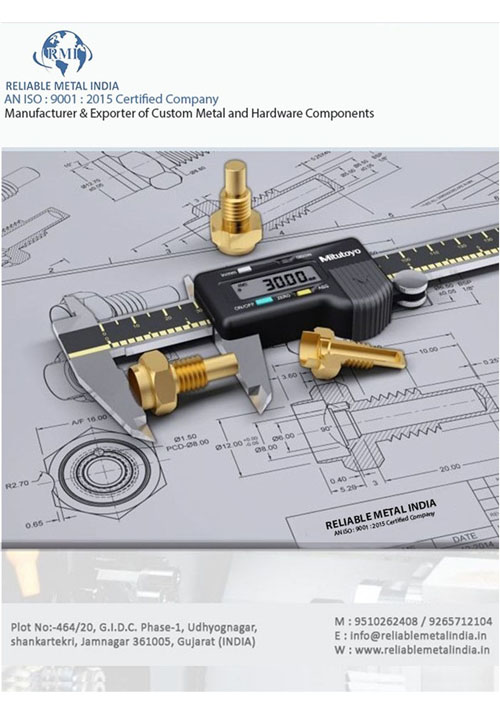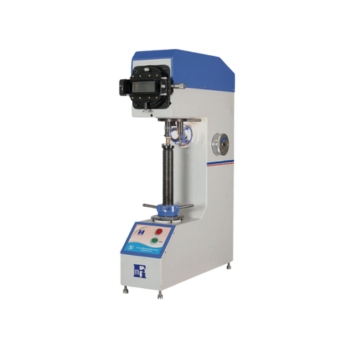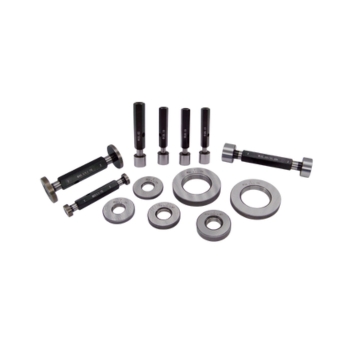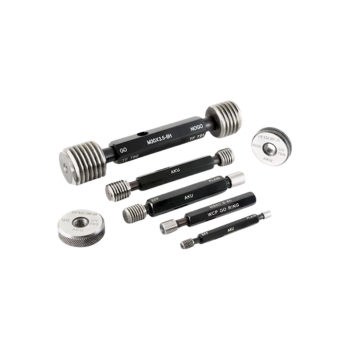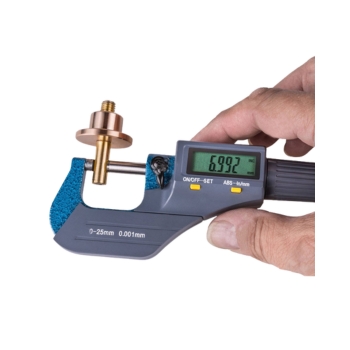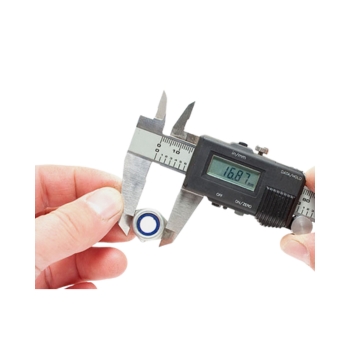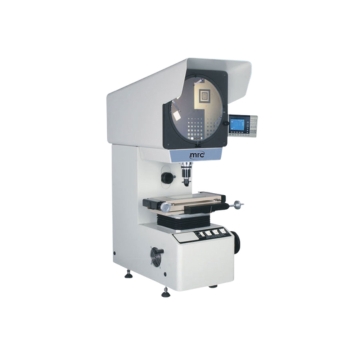
Certificates
Quality control consisted of inspection of goods produced and finally picking the good ones. Later it was realized that during the manufacture, the products (semi-finished or unfinished) could be inspected so that the final quality cost may be reduced.
This leads to what is called total quality control and quality maintenance. International organization for standards (ISO), Geneva comprising of representation by over 100 countries, set up a technical committee for quality management and quality assurance. System standards were finalized and released as ISO-series in 1987.
These standards aim to document/implement companywide quality assurance programmes that lead to certain level of consistency in product service characteristics.These programmes are bottom-up programmes involving every individual, unlike earlier top-down procedures. They are meant not just to control product quality, but to maintain its uniformity and predictability.
An organization, should attempt to fulfil the following while aiming to adopt ISO-Certificate:
To improve customer satisfaction.
To increase competitiveness.
To reduce the cost of quality.
Any organization, production/service oriented, has to setup a short or long term implementation programmes by constituting a steering committee chaired by a senior executive. This committee is responsible for coordinating quality improvement process activities through the plant functions.
Company may not be able to export its products without ISO. Streamlining of operations and control of waste, rework, etc. is the byproduct impact (direct cost reduction benefits). ISO is a powerful marketing weapon. The organization will have an edge over other suppliers in domestic market also.
It is a credibility passport which says that the company meets international standards in designing/developing, producing, installing and service the products it supplies. ISO-facilities mutual recognition of any product legally produced or marketed in one country to be accepted in principle in another country.
Series registration lays the foundations on which wise management must relentlessly improve to become and remain customer sensitive, high quality and low cost company.




